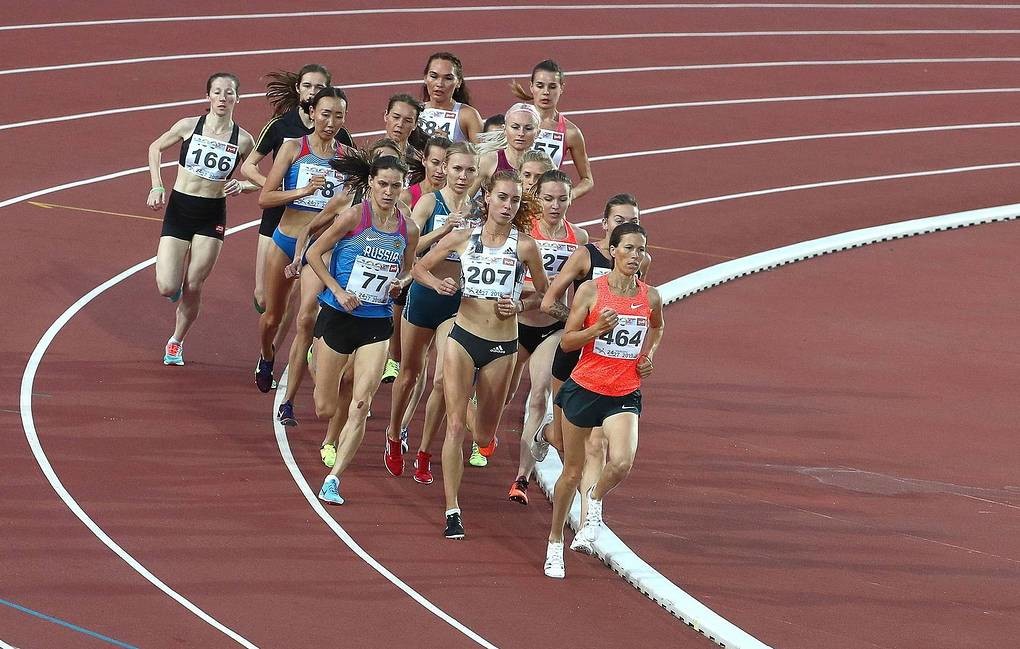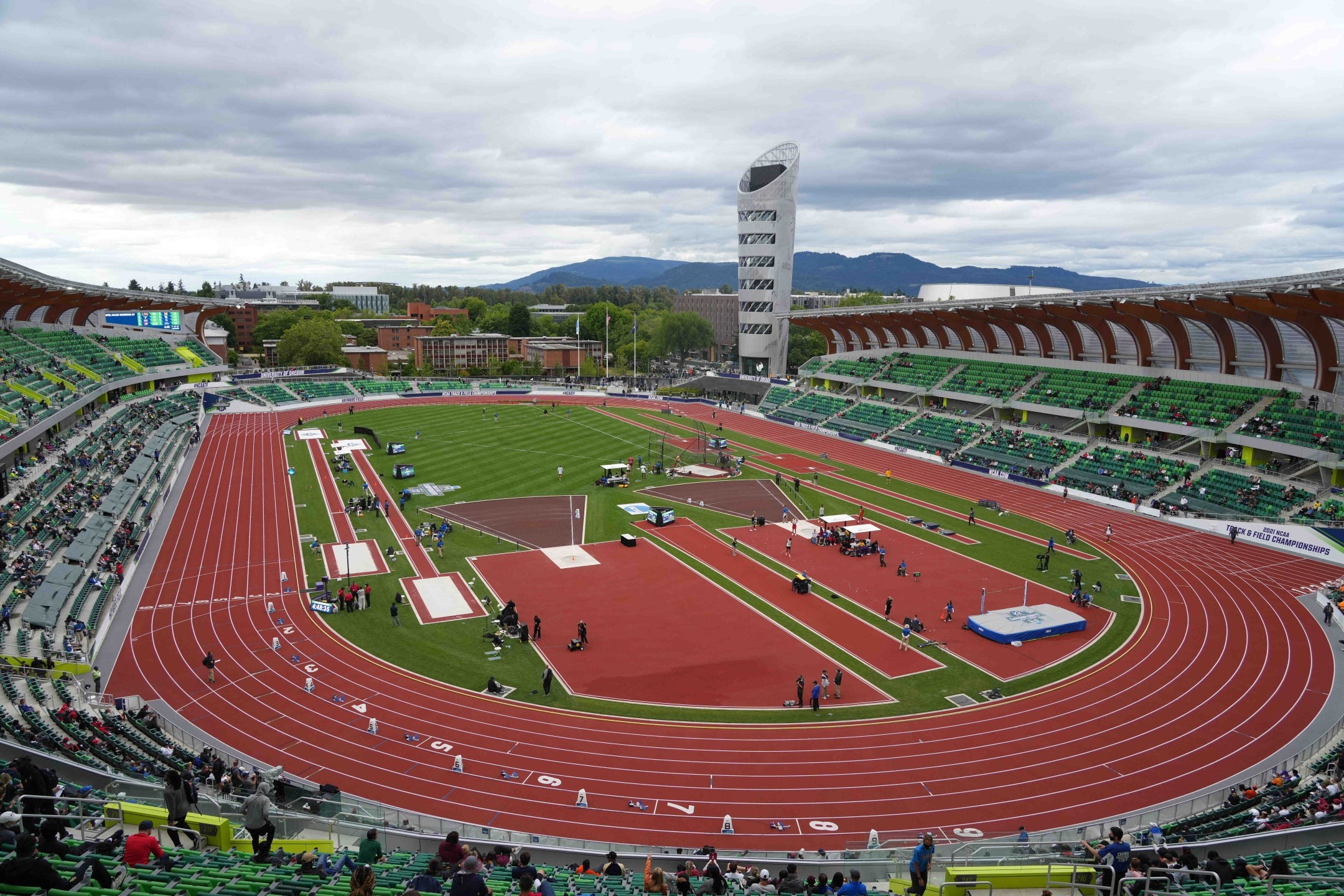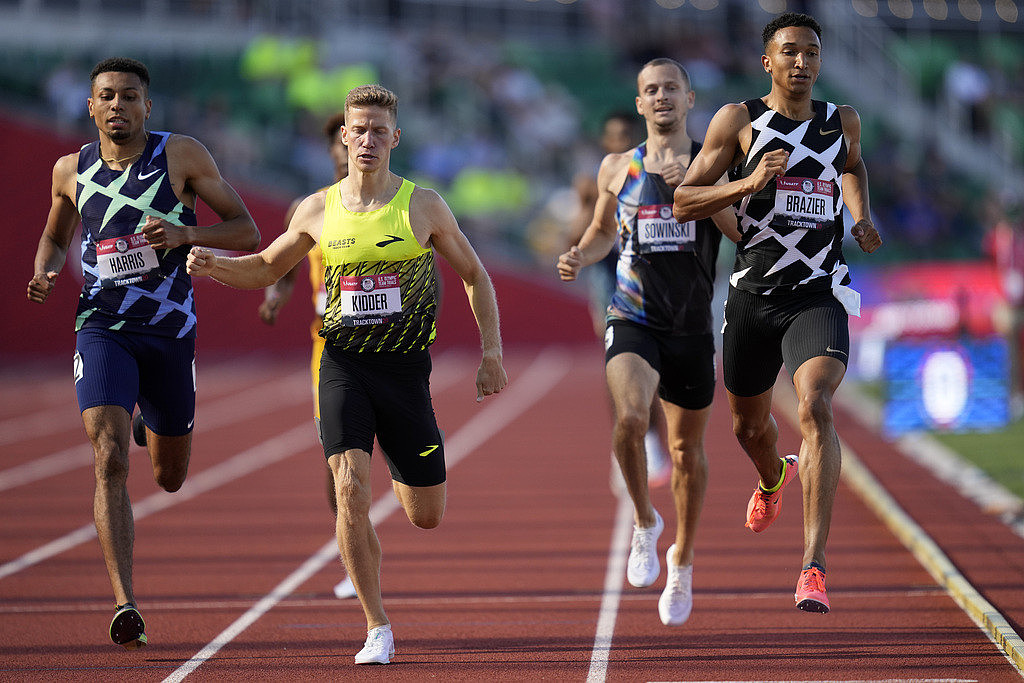Running News Daily
Running News Daily is edited by Bob Anderson. Send your news items to bob@mybestruns.com Advertising opportunities available. Train the Kenyan Way at KATA Kenya and Portugal owned and operated by Bob Anderson. Be sure to catch our movie A Long Run the movie KATA Running Camps and KATA Potato Farms - 31 now open in Kenya! https://kata.ke/
Index to Daily Posts · Sign Up For Updates · Run The World Feed
History of track and field at the Olympics
Track & field events at the Olympics make use of some of the most basic physical maneuvers that human beings perform, so it’s no surprise that it has a long and storied past. Every event uses running, jumping, and throwing, simple and necessary movements used by early humans to survive, hunt, make war and have fun. Let’s take a look at the origins of track & field events, from their inclusion in the ancient Olympics to today.
If you’re interested in betting on track & field today, you should check out sportsbooks that take wagers on those events, like Fanduel.
Origin At The Ancient Olympics

As we said, the origin of track & field is thought to come from human prehistory. Where the Olympics is concerned, however, we can point to the Ancient Olympic Games. While the first Olympic games used the stadion, a simplistic footrace. It was the pentathlon years later that created what we could call the first track & field events. This combined the stadion event with the javelin throw, the discus throw, and the long jump, before a finale where athletes wrestled one another. The first pentathlon was held at the 18th Ancient Olympics, which took place in 708 B.C. That’s 2,700 years ago!
Track & field events were also performed at the Panhellenic Games, where they then eventually spread to Italy and then into Northern Europe throughout the Middle Ages (500 – 1500 A.D.) These events kept track & field activities alive till the revival of the Olympic Games.

Revival At The Olympic Games
The Olympic Games as we know it today returned in 1896 with the Athens Summer Olympics. Bringing together fourteen nations who fielded over two hundred athletes, they competed across forty events. One of those events combined track & field activities with the marathon as part of their athletics program.
It is thought that its inclusion was because of numerous athletic clubs in Britain and America during the 1800s, where public schools and military academies started using track & field training which then developed followings from those who wanted to engage in those activities for leisure purposes.
The Olympics struggled for its next gatherings after 1896. This changed in 1912 with the so-called Swedish Masterpiece, where the fifth Olympic Games went off without a hitch in Stockholm and attracted massive appeal. It was also the last event to use solid gold medals and the first time they welcomed an Asian nation, Japan, to join the games.
At these games, the track & field event wasn’t without controversy. Pentathlon winner Jim Thorpe was revealed to have played baseball for money in the past, technically breaking the amateurism rules enforced at the Olympics, and so his track & field medals were stripped. They were reinstated 29 years after his death.
The International Amateur Athletic Federation, the IAAF, then became the governing body for track & field events.
From The ‘60s To Now
Over the course of the century, the Olympic Games steadily became the most popular and prestigious athletic event, and track & field was along for the ride. Multi-sport events like track & field inspired similar activities in the Commonwealth Games and the Pan-American Games. As televisions became more mainstream in the 60s, worldwide audiences could now view and become fans of specific track & field runners. This gradually overthrew their amateurism rule as Olympic performers became professional athletes.
Something else was also going on in the world during the 60s, the Cold War. While the war was silently raging in the background, the Olympics became a battleground where athletes from the USA and the USSR clashed across multiple sports, including track & field.
From the 90s onward, the popularity of the sport would only improve as the IAAF grew. The IAAF now hold their own events too, where track & field athletes test their mettle outside of the Olympics. At the last Olympic Games, in Rio de Janeiro, track & field events were hosted.
by Colorado Runner
Login to leave a comment
Tokyo 2020 Olympic Games
Fifty-six years after having organized the Olympic Games, the Japanese capital will be hosting a Summer edition for the second time, originally scheduled from July 24 to August 9, 2020, the games were postponed due to coronavirus outbreak, the postponed Tokyo Olympics will be held from July 23 to August 8 in 2021, according to the International Olympic Committee decision. ...
more...




